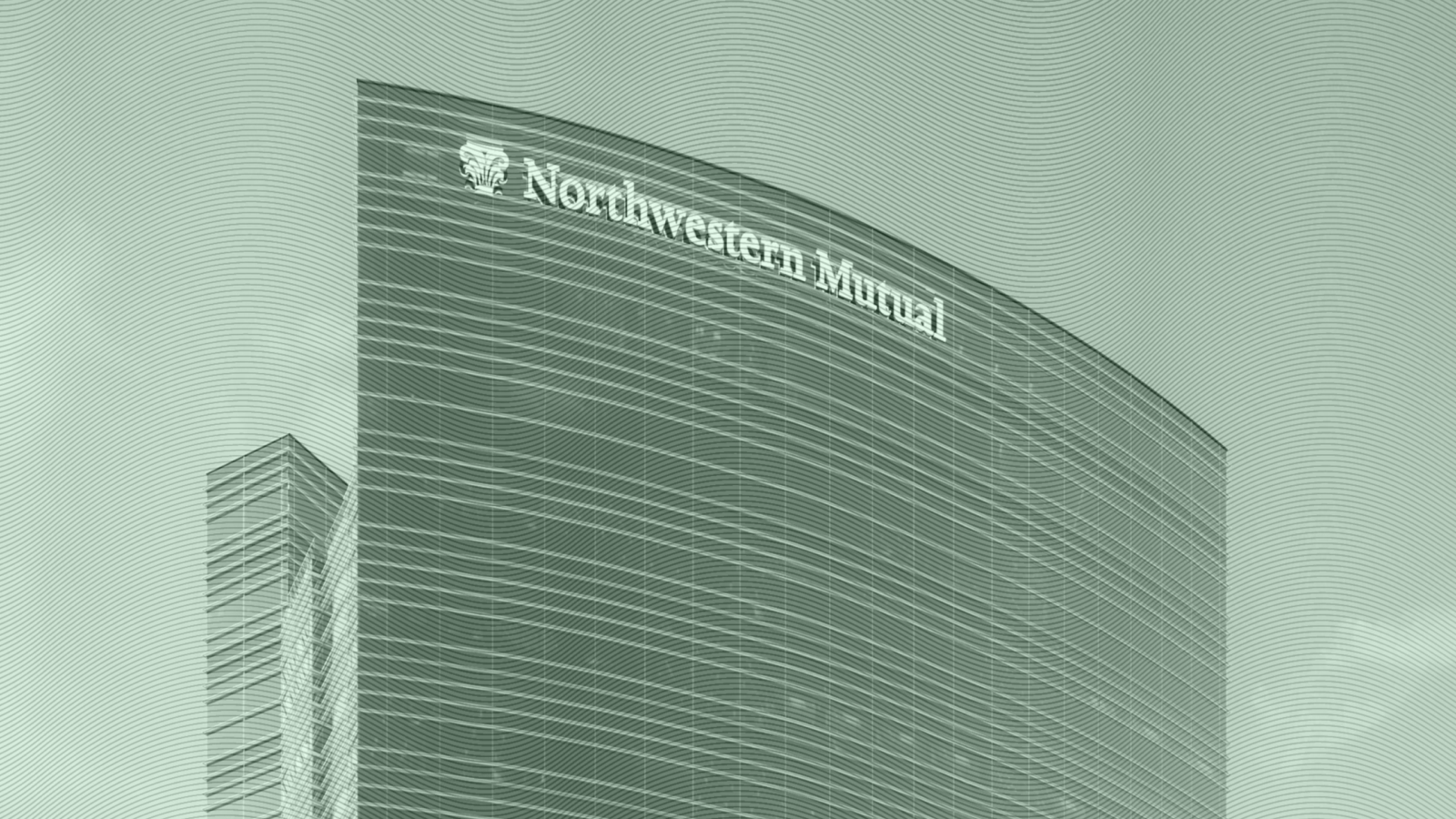Good morning.
Robinhood took a $30 million arrow to the knee last week. The Financial Industry Regulatory Authority fined the online-investing app $26 million and ordered it to pay customers $3.75 million in restitution after failing to put proper anti-money laundering safeguards in place, as well as providing incomplete disclosures to clients. As a result, shares of the commission-free trading platform took quite a tumble Monday, falling nearly 20% by market close.
Robinhood neither admitted nor denied wrongdoing, according to FINRA. While the mythical Robin Hood’s motto was “take from the rich and give to the poor,” its real-life namesake opted for a legal catchphrase rather than a claim of poetic justice.
Inflation Expected to Outpace Income Growth in 2025

It’s not just the price of eggs that’s spooking consumers.
Inflation is hitting American wallets hard and has quickly become the top financial concern in the US this year. More than half of adults say prices will increase in 2025 and that’s more than double those who expect prices to come down, according to a new report by Northwestern Mutual. For the second year in a row, the majority of Americans said household incomes aren’t keeping up with higher-for-longer inflation, which is now the top obstacle to achieving financial security.
It’s a bleak new reality for clients who are juggling elevated costs for groceries, gas and housing, while trying to squirrel enough money away for retirement. “Regardless of the assets you have, it’s coming up in pretty much every conversation,” Northwestern financial advisor Ben Feldman said at a media dinner in New York City last week.
Inflate Your Expectations
It’s not just the average American family that’s feeling the squeeze, either. Four in 10 millionaires say their incomes are also growing slower than inflation, according to the annual survey of 4,626 US adults. Necessary everyday goods and services are having an outsized impact on consumers, with 48% of respondents citing childcare price increases as the biggest pain point. Respondent also said:
- Hikes to housing costs (45%) and the price of groceries (43%) are weighing on their budgets.
- Everyday needs — things like utilities bills that include water, electric, phone, and internet expenses (34%), as well as gas at the pump (33%) — are now major concerns.
While gas prices are actually “meaningfully lower” than they were 12 months ago, the perception of inflation is alive and well, said John Roberts, chief field officer at Northwestern Mutual. “Inflation is now far and away the largest barrier to individuals achieving financial security,” he said at the event.
Inflatable Slide. It’s quickly highlighting the need for financial planning at all asset levels. While some advisors are looking to the bond market as a reliable source of retirement income, judging by the inflation rate, equities will have to play a significant role, Feldman said.
“It’s easy to feel like, ‘I really gotta put something in securities,’” he said, adding that fixed-income investing is “barely edging” out inflation. Long-term equity exposure also allows clients’ money to grow at a higher rate, and will help reinforce the benefits of buy-and-hold strategies. “We try to get an idea of how we can control the controllable,” he said.
The Rise of the $15 Trillion Asset-Based Lending Market

For decades now, bulge bracket and commercial banks have been walking back their exposure to private credit. Against an aggressive Fed tightening cycle and a regulatory framework that makes holding risk assets more expensive, this trend has only accelerated.
In this yawning gap, asset-based lending has emerged as an attractive alternative for both lenders and borrowers.
ABL has grown into a $15 trillion dollar market, with structured deals that offer investors:
- Downside Protection: Loans are secured by tangible, cash-flowing assets that offer real recourse. Think equipment loans, real estate, aircraft, and credit card receivables — tangible collateral that helps reduce risk.
- Attractive Yields: Clients will forever be hungry for yield. ABL has historically offered 8% – 16%.
- Uncorrelated Yield: With a just 0.5 correlation to the S&P 500, ABL delivers yield that’s disconnected from broader market conditions.
Many analysts expect volatility on the horizon, making now an opportune time to explore asset-backed lending for your clients.
Clients Want to Dump Trump to Live Abroad. It’s Harder Than They Think
Hollywood elites aren’t the only ones looking to leave the US.
The country is in a highly divisive time (Then again, when is it not?) full of executive orders, tariffs, and chainsaws. It’s gotten to a point that some Americans are seriously considering becoming expatriates, and are going to their wealth managers to get advice on how to put the US in the rear-view mirror. But moving to a new country isn’t like signing a lease on an apartment that’s closer to work; there are countless obstacles, and advisors urge their clients to consider all of them before making a life-changing decision.
“I’ve gotten none of these types of requests from clients in my whole career, then all of the sudden, I get six or seven since December,” said Stephen Kolano, CIO of Integrated Partners. He said advisors shouldn’t steer clients one way or the other, but rather focus on the massive implications.
Breaking Up is Hard to Do
In the past few months, three clients have approached Savant Wealth advisor Scooter Thomas to discuss moving away. They’re less concerned with the Trump administration’s fiscal policy and more anxious about the effects of its social agenda on women’s health and DEI practices, he said. “They feel like inherently American ideals have been dismantled to the point where they can’t support living here anymore,” he told Advisor Upside.
One of his clients attempted essentially a 10-week, dry-run ahead of a full move to Portugal. She cut it short a few weeks early. “It’s just not for her,” Thomas said. “She doesn’t speak Portuguese, she’s 70, and a lot of folks can’t change their lifestyle to a level that would be required to live abroad.”
Everybody Talks. Still, some 21% of Americans said they want to leave the country, up from just 17% in 2023, according to a Gallup poll released in October:
- Americans’ and Canadians’ desire to migrate is fifth-highest in the world right after those in the European Union, the poll found.
- Although the US and Canada are the top two destinations for migrants, they also contain record-high numbers of people wanting to permanently leave.
Keep in mind that expats have to notify multiple government agencies, secure homes and work visas in a new country, and depending on net worth, may even have to pay an exit tax before renouncing their US citizenship. The financial complexities are often more complicated than clients think, said Thomas Van Spankeren, CIO of RISE Investments.
“It’s not uncommon for the rosy thought of leaving the country to come up when there is a new administration they disagree with,” he told Advisor Upside. “But a lot of the time, it’s a premature thought.”
- Stay ahead in ETFs with ETF Upside — subscribe for free insights, strategies & trends!
Why Advisors Are Ditching Their CRMs

Solid tech stacks are a must-have for advisors, and that usually starts with the CRM.
But now, advisors are growing increasingly dissatisfied with customer relationship management software, and some are finding alternatives. Market penetration for CRM programs has fallen more than 10 percentage points in the past two years, with roughly 86% of advisors now using them, according to the latest T3 Software Survey. It surprised survey authors Joel Bruckenstein and Bob Veres so much that they actually had to “double-check” the data.
“We don’t really know what’s going on,” Veres told Advisor Upside, theorizing that project management programs, like Asana and Microsoft Dynamics, could be taking market share away from CRMs, and they may not be a top priority for younger advisors with only a handful of clients.
Extra Upside
- Let’s Talk Crypto. Trump hosts crypto summit at White House with industry leaders.
- Mad Men. SEC considers updating its marketing guidance for advisors.
- Have Clients That Are Hungry For Yield? Explore this no-cost guide from Nomura Capital Management on asset-based lending. With yields ranging from 8% – 16%, ABL can offer investors structurally attractive yields backed by real capital. Learn more about ABL.*
* Partner
ICYMI
- Tariff Time. Advisors deal with Trump duties on Mexican and Canadian imports.
- A Strongly Worded Letter. SEC calls out State Street’s private credit ETF.
- Show Me the Money. LPL looks to raise $4 billion, potentially for M&A activity.
Advisor Upside is edited by Sean Allocca. You can find him on LinkedIn.
Advisor Upside is a publication of The Daily Upside. For any questions or comments, feel free to contact us at advisor@thedailyupside.com.

